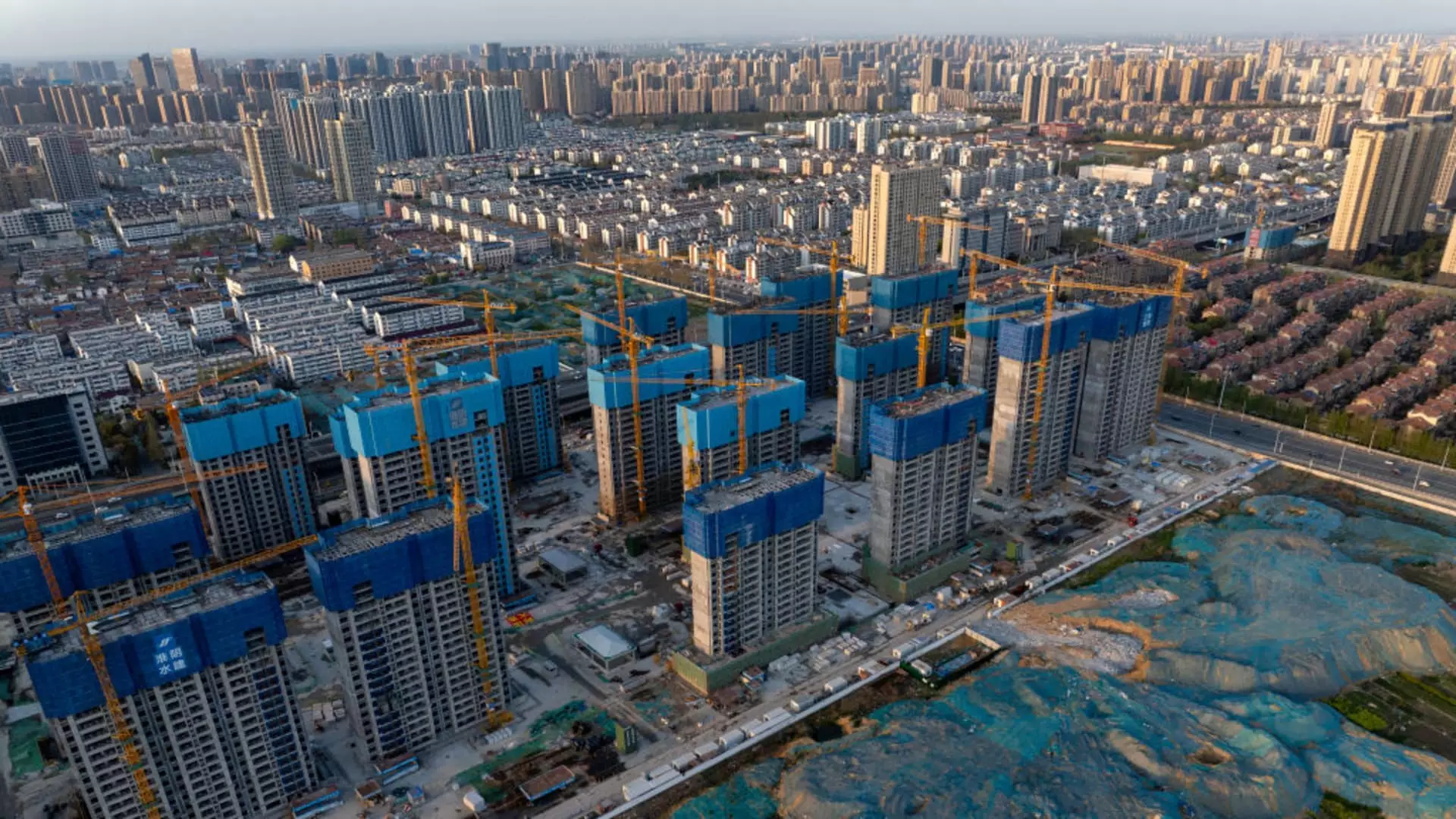China’s economy is facing a tough challenge as it struggles to convince people that home prices are set to rise. This is crucial for stimulating economic activity, according to Richard Koo, chief economist at Nomura Research Institute. With a tepid start to the year in terms of new loan demand, coupled with a steeper decline in home prices in January, it is evident that China may be headed towards a “balance sheet recession.”
In China’s policy-driven economy, the real estate sector remains a significant contributor, accounting for at least one-fifth of the country’s economy. Despite the government’s emphasis on new growth drivers such as manufacturing and new energy vehicles, the property market continues to experience a downturn. This decline began when Beijing cracked down on developers’ debt reliance in 2020, coinciding with the shock from the Covid-19 pandemic. Moreover, China’s shrinking population is adding to the challenge, making it harder to justify a narrative that urges borrowing and house buying.
China officially recorded a 5.2% economic growth in 2023, following the end of Covid-19 restrictions. However, achieving Beijing’s target of 5% growth for 2024 without further stimulus is deemed ambitious by many analysts. Chinese authorities have been cautious about implementing large-scale support measures, as they reflect on the outcomes of previous stimulus programs. The 4 trillion yuan ($563.38 billion) stimulus package launched 15 years ago was initially met with skepticism and resulted in a significant drop in stock prices. While it led to rapid growth initially, continuous stimulus caused overheating, speculation, and corruption issues.
Looking ahead, Richard Koo suggests that China should focus on stimulating its economy to prevent a balance sheet recession but also emphasizes the importance of withdrawing support once growth reaches a certain level. This strategic approach aims to avoid repeating the mistakes of the past and maintain sustainable economic growth. However, the reluctance of Chinese authorities to engage in extensive stimulus measures reflects their concerns about the negative repercussions of previous interventions.
China’s housing market faces several challenges that are intertwined with broader economic issues. Convincing people that home prices will rise is essential for reviving economic activity, but the uncertainty surrounding the bottoming out of prices complicates the situation. The historical context of economic stimulus programs highlights the importance of a cautious approach to prevent the negative consequences of past mistakes. As China navigates through the complexities of its housing market and broader economy, strategic planning and prudent decision-making will be crucial for achieving sustainable growth and stability.

